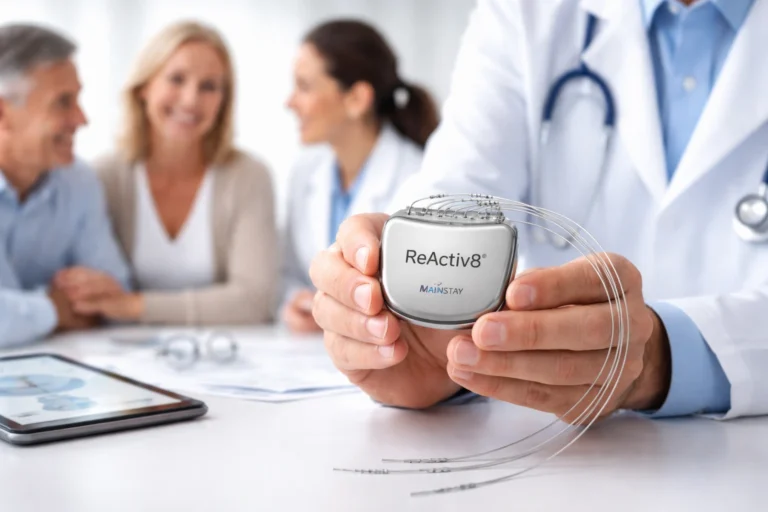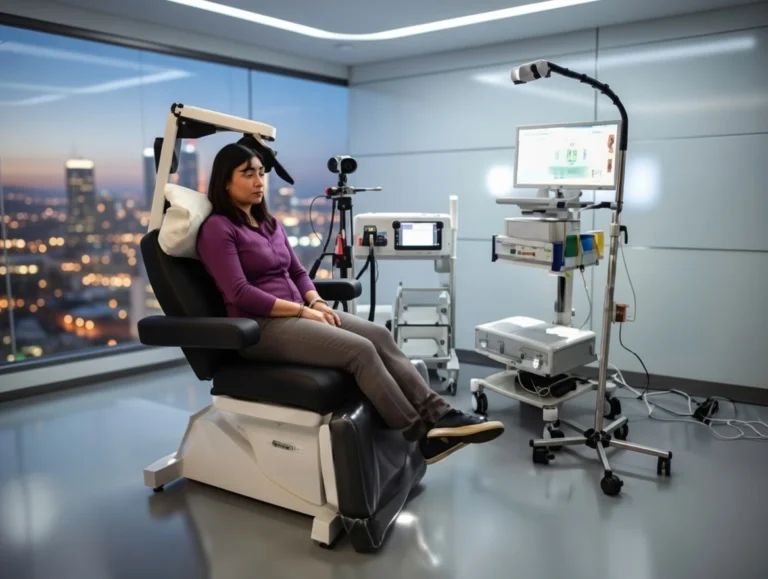
Susan G. Komen®, the leading breast cancer organization, today applauds the new U.S. Food and Drug Administration (FDA) rule requiring mammography reports to include details about breast density. This federal mandate standardizes notification language, ensuring that all individuals across the country receive consistent and crucial information about their breast tissue composition.
“Knowledge is power, and women can now engage in informed discussions with their healthcare providers about the best screening plans based on their personal breast cancer risk, including breast density,” said Molly Guthrie, Vice President of Policy & Advocacy at Susan G. Komen. “This may lead to recommendations for additional tests to ensure accurate screening.”
Breast density, measured during a mammogram, refers to the amount of fibrous and glandular tissue compared to fatty tissue in the breast. Dense breasts, affecting 40-50% of U.S. women aged 40-74, are one factor among many that influence breast cancer risk. Women with very dense breasts are 4-5 times more likely to develop breast cancer, and dense tissue can obscure tumors in mammograms. Komen encourages women to discuss their breast density with their healthcare providers to determine if additional imaging is necessary.
Starting September 10, 2024, mammography reports will include a breast density assessment with classifications such as:
- Breasts are almost entirely fatty (not dense)
- Breasts have scattered areas of fibroglandular density (not dense)
- Breasts are heterogeneously dense, which may obscure small masses (dense)
- Breasts are extremely dense, which lowers mammography sensitivity (dense)
While the Affordable Care Act (ACA) ensures many people have access to annual screening mammograms starting at age 40 without cost sharing, additional breast imaging can be costly, creating financial barriers to necessary care.
“We want to make it clear that dense breast tissue alone does not require extra imaging—it’s just one factor in assessing breast cancer risk,” Guthrie added. “However, the high out-of-pocket costs for additional imaging can be a barrier. We advocate for legislation to eliminate these expenses so that financial barriers do not prevent access to potentially life-saving early detection.”
Susan G. Komen’s Center for Public Policy is working with lawmakers to remove out-of-pocket costs for imaging beyond a screening mammogram. Currently, 26 states have eliminated these costs for state-regulated insurance plans. At the federal level, the Access to Breast Cancer Diagnosis Act has been introduced but has not yet passed. Komen urges continued legislative action to ensure affordable access to necessary breast imaging based on individual risk.
For more information about the new FDA rule, Susan G. Komen recently hosted a webinar, which can be accessed here.
About Susan G. Komen®
Susan G. Komen® is the world’s leading nonprofit breast cancer organization, dedicated to saving lives and ending breast cancer. Komen employs a comprehensive approach to combat the disease through advocacy, research, care, support, and education. Founded by Nancy G. Brinker to honor her sister, Susan G. Komen, the organization remains committed to supporting those affected by breast cancer and advancing the search for a cure.




